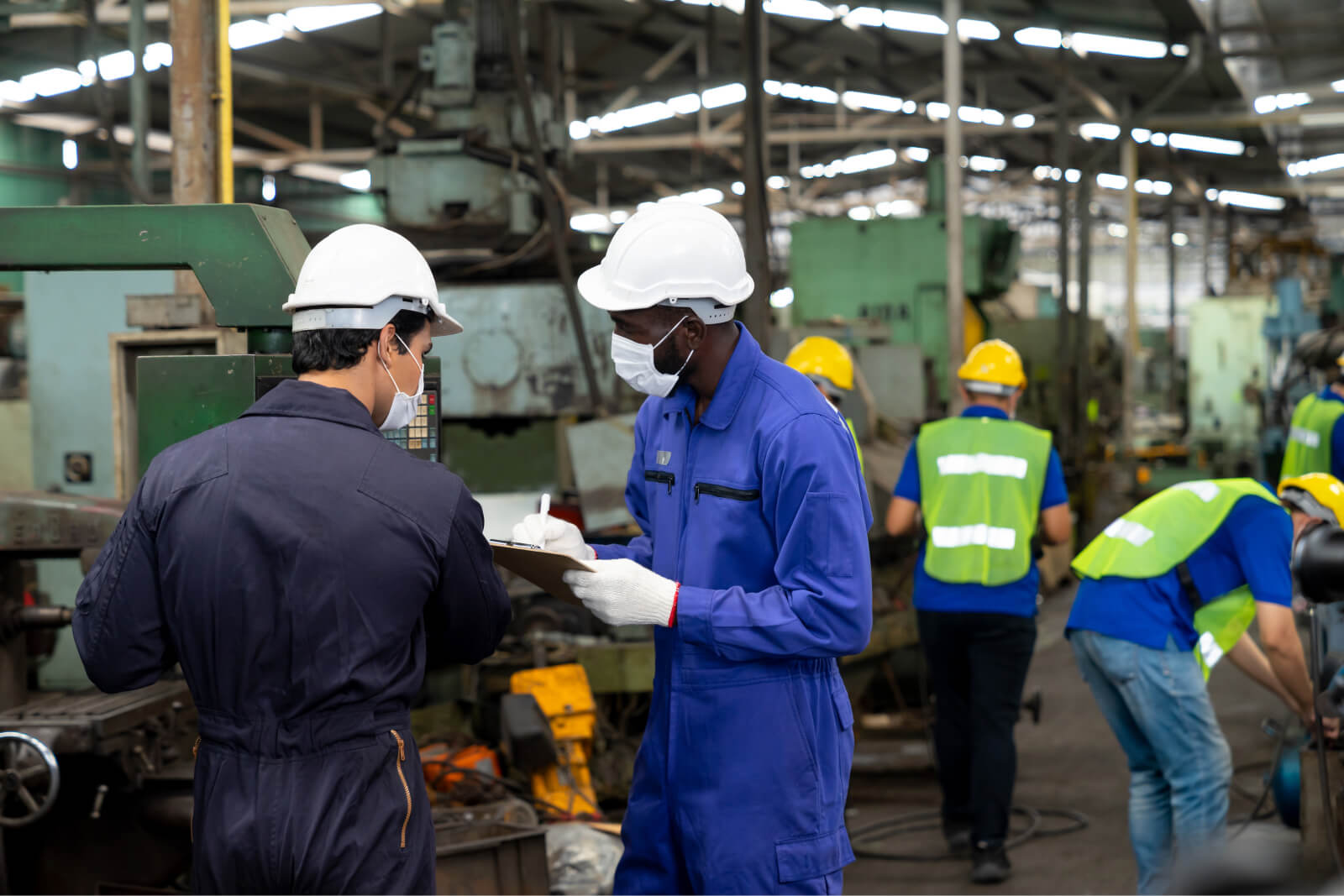
Byline originally appeared in FreightWaves
When we think about sustainability, the first thing that comes to mind is usually the environment.
As global climate change continues to shift from some imagined future to a clear and present danger, we’re asked to consider the environmental impact of our personal and business practices. And, as business leaders, we absolutely should take carbon footprints into account — not only for the health of our planet but also for the growth, resilience, and longevity of our businesses.
But when it comes to sustainable businesses — and, in particular, sustainable supply chains — it’s time to go beyond protecting the environment. We’ve got to talk about protecting our strongest assets, our people.
The past 18 months or so has been a rollercoaster for the supply chain ecosystem. The upside is that, against all odds, the economy is going strong. Consumer demand is high and, from production to delivery, everyone is busy trying to meet it.
The downside? We’re still in a pandemic. We’re experiencing major labor shortages and supply constraints. Costs are through the roof, and capacity is practically nonexistent. We’ve also been pummeled by relentless and devastating weather events, which compound delays from end to end. Even if your operations team has approval to add headcount, acquiring talent takes time away from your day job of fulfilling operational duties.
All of this has added up to a period of unprecedented stress and sacrifice for our supply chain workers. Behind every half-packed box or delayed shipment is a human being, putting in the hard work and the long hours to take a product across the finish line.
So, as we enter our second pandemic holiday season, I encourage my fellow business leaders to consider the people who hold our supply chains together. This includes not only our employees but also our valued partners that fulfill our customers needs, truck drivers, warehouse operators and supply chain planners, who are essential to business operations.
With just a few thoughtful gestures, we can show them the appreciation they deeply deserve.
Essential to human wellbeing is the feeling of belonging — of being understood. Across the globe, we’re seeing workers who feel unheard resorting to resignation and strikes. To help supply chain workers feel connected and engaged, companies should encourage industry collaboration and consider engaging on online platforms, such as community pages or message boards. Not only are these forums a way to bring people together, but they can also be used at a higher level to gain on-the-ground perspectives and best practices from industry peers.
Here at FourKites, for instance, we have created an online customer community, where we’re actively engaging with our users, listening to them so that we can best understand their biggest pain points; giving them the opportunity to weigh in on our product roadmap (over the last 12 months, our community members have submitted over 434 product ideas submitted, 30% of which were delivered, with 20% more coming this quarter); and most importantly, enabling them to interact with each other to share best practices, collaborate and connect.
A surefire way to take pressure off our workers is through smarter technology. Supply chain automation can clear away some of the tedious, heavy tasks required of our logistics workforce. For example, a worker may need to make a dozen extra phone calls or emails to track a late load — all of which can and should be automated. We can also employ technology to recognize and eliminate supply chain inefficiencies, including warehouse capacity and labor. All of this equates to shorter days and less stress for the people behind the processes.
Get creative with giving thanks. Create fun videos recognizing the top performers in your supply chain, regardless of whether they are employees, suppliers, customers or contractors. The ecosystem needed to maintain a highly performing supply chain needs to be recognized through awards, public recognition, swag or financial incentives. With employee turnover hitting new highs, we must do everything we can to encourage team bonding and pride across our organizations and our supply chains.
Helping people feel seen isn’t rocket science. It’s as easy as letting truck drivers use the facilities when they do a drop. It’s offering coupons for meals and drinks in town. It’s providing coffee and clean accommodations. It’s giving the occasional free perk, or even extra time off. When the people who enter your workspace feel appreciated — when they feel human — they will want to come back.
The pandemic has taught us countless lessons, if we’ve been willing to listen. Chief among these lessons is the value of human life — not just in terms of our mortality, but also in how our lives are lived. As business leaders, we must do everything we can to support the dignity, well-being and health of our employees. After all, no matter how much we innovate and automate, the success and survival of our businesses will always come down to people.